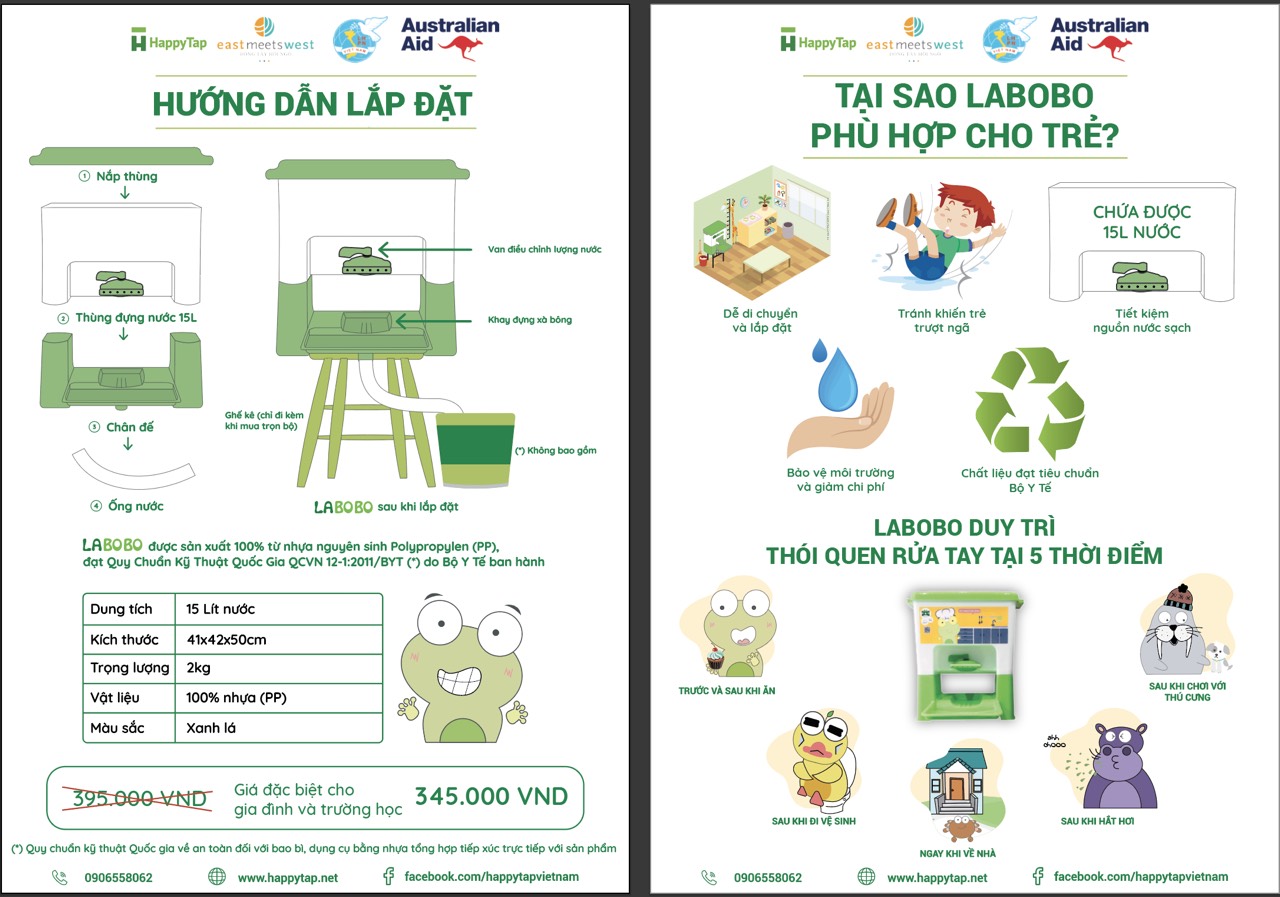
Hand washing products and hygiene promotion in rural Vietnam: A case study of the COVID-19 Response in the Women-Led Output-Based Aid (WOBA) Vietnam project
COVID-19 has brought attention to behavioural change communication. This study aimed to understand the extent to which the Women’s Union (WU) promotion of handwashing during the COVID-19 pandemic have influenced the knowledge, attitude and handwashing behaviour in rural Vietnam. Employing a case study approach in two provinces, the study surveyed 372 households, health staff, and kindergarten personnel, followed by structured interviews with 12 WU member. The findings suggest that there was a strong sense of morality among the WU members who viewed their handwashing promotion as a collective duty to ensure the health and wellbeing of their community. They promoted handwashing to prevent COVID-19 as part of the WU’s propaganda mandate of a socio-political organisation, which afforded them the legitimacy and authority in the community to carry out the promotion. From the community perspective, accessibility to these communication events and disseminated information on handwashing varied by education and income levels. Perceptions of effective communication methods to change handwashing behaviour were also influenced by socioeconomic characteristics of the information receivers. The study highlights the importance of understanding community-based approach to behavioural change communication, and methodological challenges in assessing such practices in the context of rural Vietnam.

